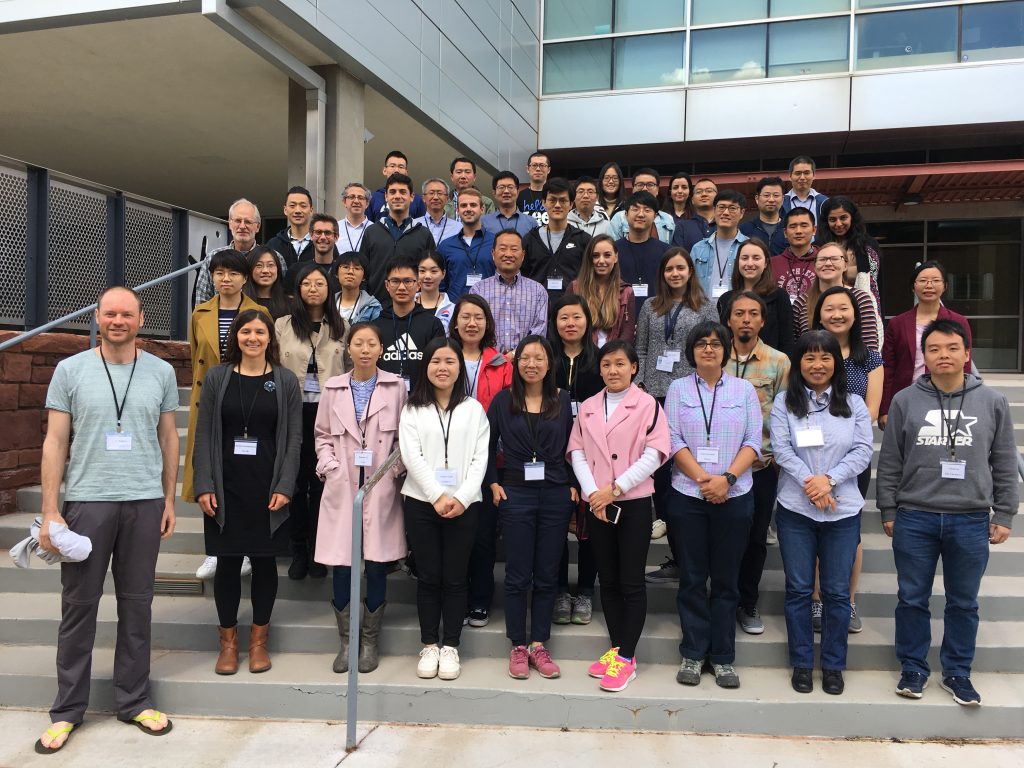
June 10, 2019
On a planet that just hit an atmospheric carbon concentration of 415 ppm, accurately predicting where the carbon is going in the future has never been more important.
Much of what we know about where carbon will be on the globe in 12, 25 or 100 years is due to innovative predictive modeling tools like the ones researcher Yiqi Luo develops at Northern Arizona University’s Center for Ecosystem Science and Society (Ecoss). Many carbon cycle models, or computer programs that run equations to simulate earth processes and interactions, are written in the programming language Fortran and require time and enormous computing power to run. By teaching other modelers a faster “matrix approach” and data assimilation, Luo and his research group hope to accelerate the improvement of carbon cycle models used in universities and research centers across the globe.
So, as NAU classes were winding down this spring, Luo and his research group were powering up a high-intensity, two-week training course on carbon cycle modeling. More than 30 trainees from Finland, Denmark, Belgium, China, South Korea and Canada traveled to Flagstaff to learn new modeling skills in Luo’s course: “New Advances in Land Carbon Cycle Modeling.”